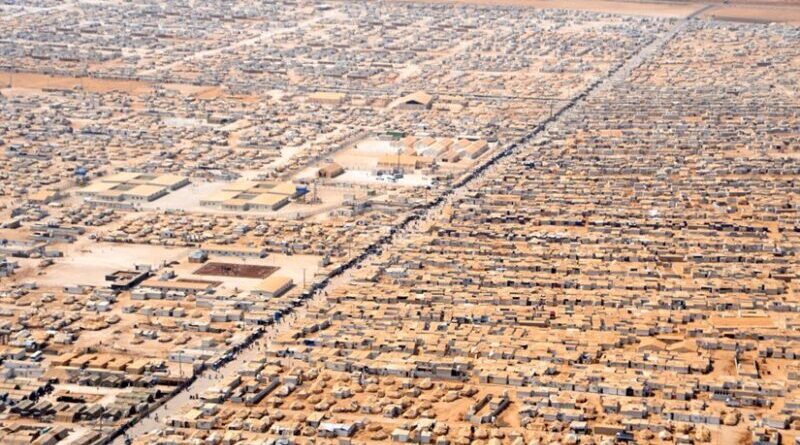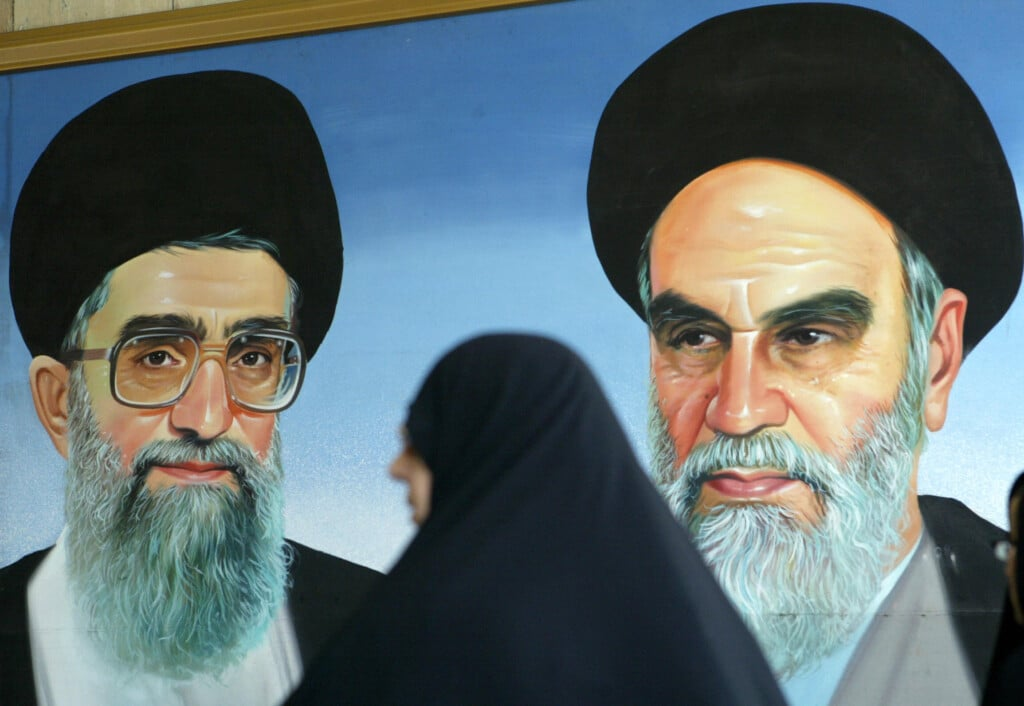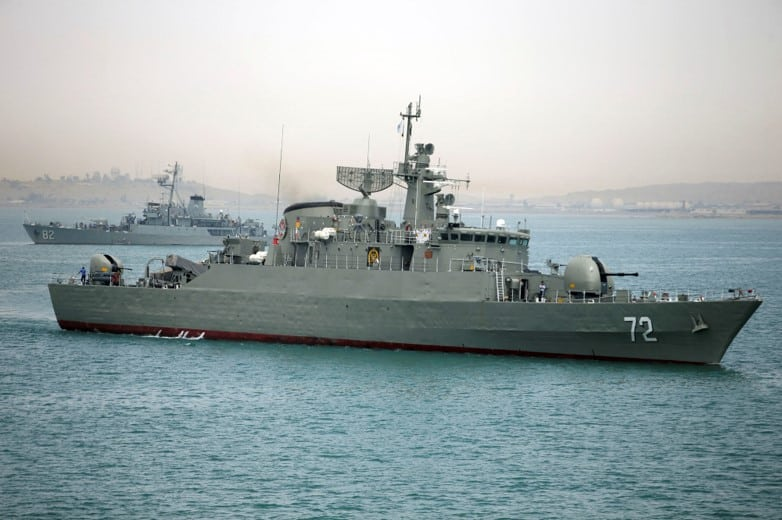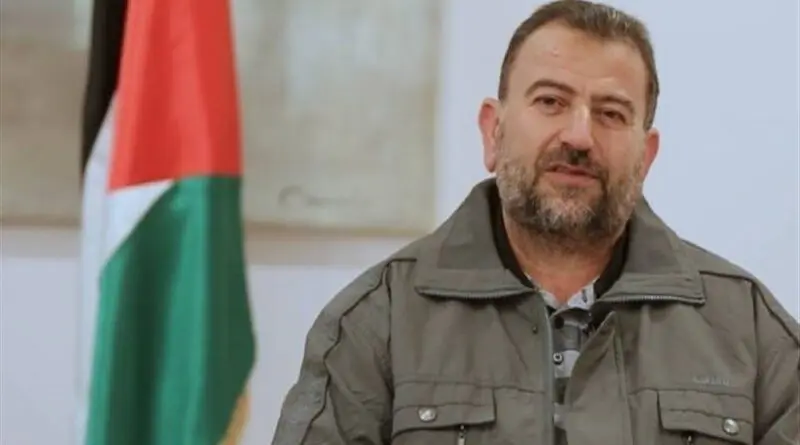Salafism And The ‘Radical Turn’ In Contemporary Islam – Analysis
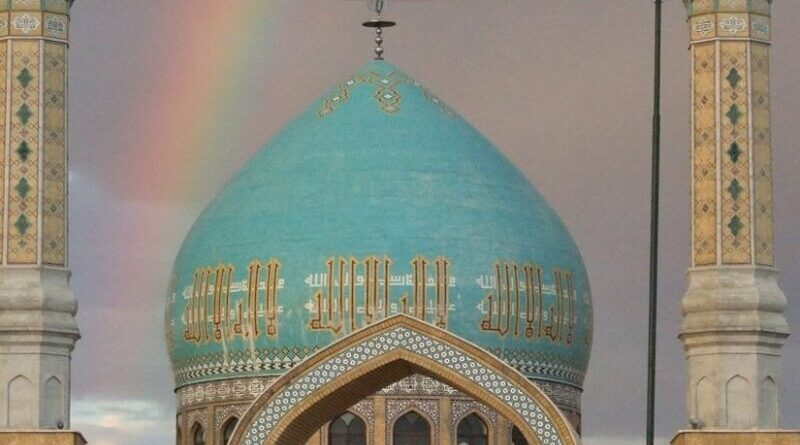
In the aftermath of the devastating bombings at the memorial service for Iranian General Qassem Soleimani in Kerman, where the Islamic State (IS) claimed responsibility for the tragic death of 84 lives and injuries to hundreds of others, concerns about the resurgence of ‘Salafi-Jihadi’ radicalism are once again on the rise. This unsettling turn of events has profound implications for followers of traditional ‘Salafi’ beliefs worldwide, who have historically rejected violence in the name of Islam.

